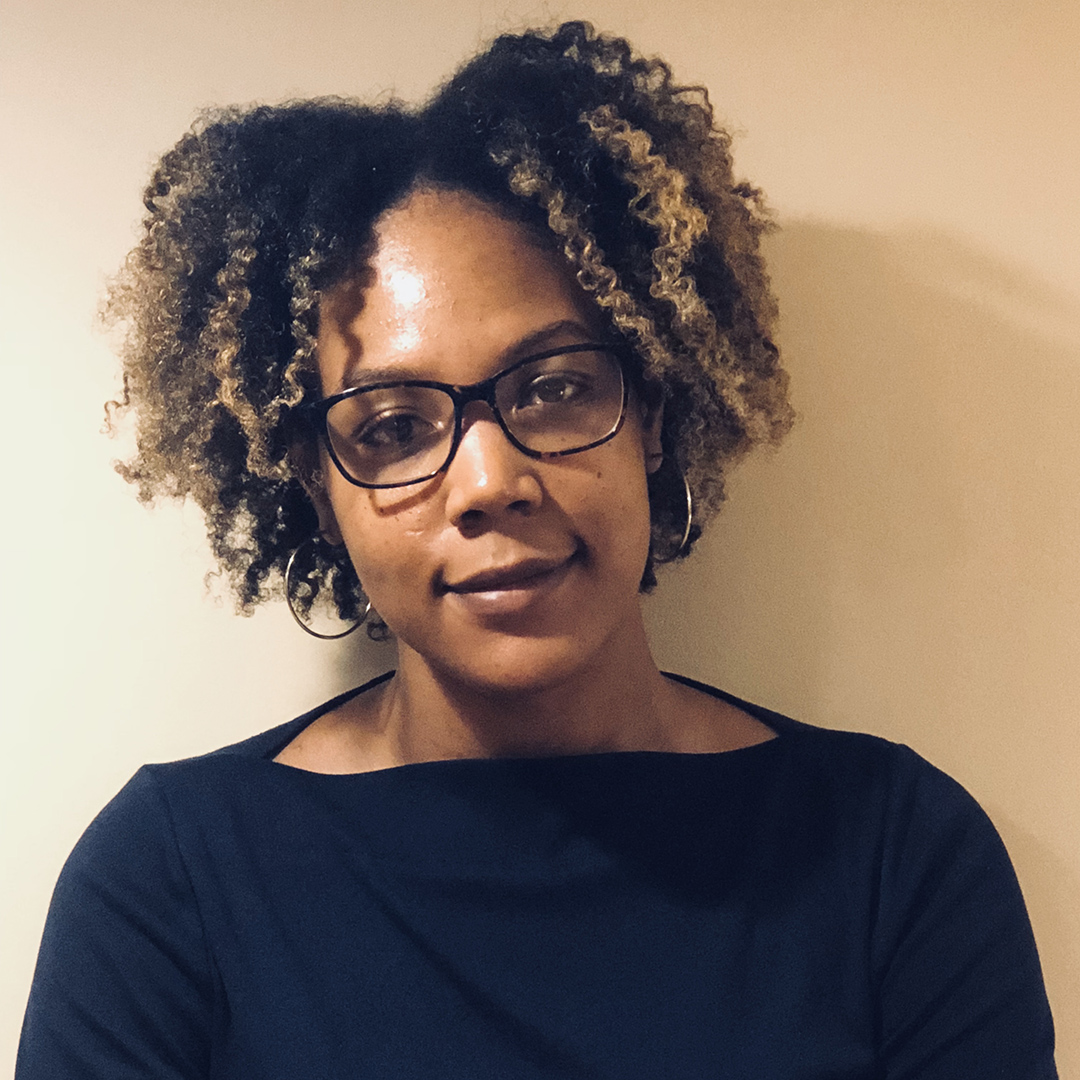Health literacy is the degree to which individuals have the capacity to obtain, process, and understand basic health information and services needed to make appropriate health decisions. October is Health Literacy Month and for 20 years organizations around the world have been bringing attention to the importance of making health information accessible and comprehensive for everyone.
It’s essential that health care professionals are engaging individuals, families, and communities to ensure that they can make informed decisions about their health. The health care system can be complex and difficult to navigate, so it’s important for patients to understand their health and treatment information. Miscommunication can occur even with the best intentions. For example, health care professionals may believe they’re thoroughly communicating information to their patients, and patients may believe they understand the information being provided or may feel embarrassed to speak-up and ask questions.
Some of the difficulties among patients may include:
- Comprehending information such as test results and prescribed medication
- Accessing adequate health services due to limitations in transportation and distance to facilities
- Communicating with health professionals due to language barriers
Additional differences among individuals that may impact their health decisions are age, culture, education level, and physical and mental limitations. Low health literacy can contribute to poor health outcomes and the need for more inpatient care. People with limited health literacy are also less likely to engage in preventative care such as mammograms and vaccinations and are more likely to experience high mortality rates.
How Can You Promote Health Literacy?
Along with 11 other agencies, IHS has participated in the Department of Health and Human Services Health Literacy Workgroup to collaborate and establish key priorities needed to improve health literacy.
Health literacy is important and there are many ways that we can get involved in making health information accessible and comprehensive for everyone. You can take action by:
- Downloading and posting the IHS Let’s TALK poster to encourage patients to talk to their health care providers about their health.
- Utilizing the Patient Education Materials Assessment Tool (PEMAT) to assess your patient’s health literacy.
- Browsing through the Health Literacy Tool Shed to discover useful health literacy measurement tools.
- Assessing health literacy at your organization.
- Taking free training to learn how to develop strategies for addressing low literacy in public health messaging .
- Reviewing the National Action Plan to Improve Health Literacy .
- Learning about what contributes to inequalities in health information .
Related content:
Health Literacy: Using Everyday Words to Support Wellness
Navajo Wellness Model: Keeping the Cultural Teachings Alive to Improve Health



